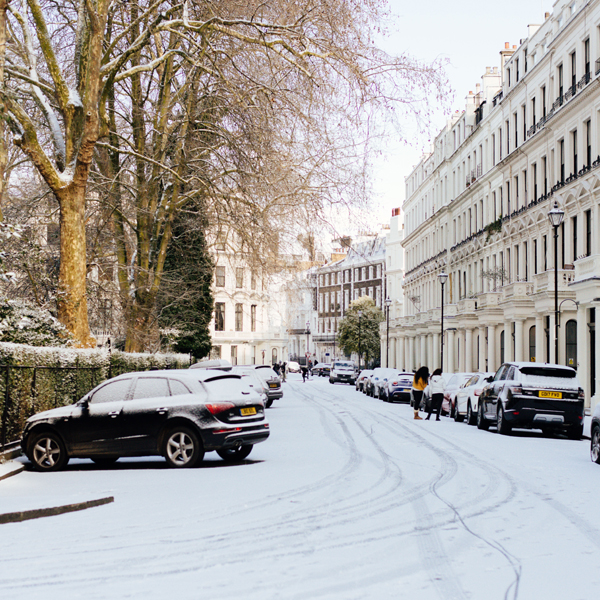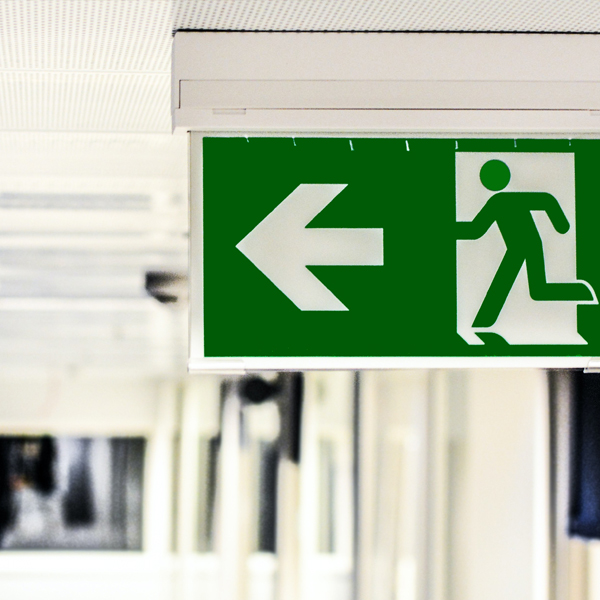WINTER-PROOF YOUR PROPERTY
Winter is here and with it comes a number of headaches for property owners, tenants, and managers. However, there are things you can do to make sure your property is prepared for the winter season ahead.
Snow and Ice
In cooler climates, snow is almost a certainty so it’s important that you are prepared:
- Identify how you will ensure that your property is gritted when icy and cleared following snow. Whether you have an external contract in place or supplies on site, confirm arrangements before the poor weather hits. If you have a contract in place, be sure that everyone is in agreement with the call-out temperatures and check if snow clearance is also included. If not, it is important to make arrangements for this. If your gritting will be carried out by those on site, make sure there are adequate supplies to last through the winter.
- Make sure the external areas of your building are well lit. There are fewer hours of daylight in winter and the low light and slippery conditions can increase the likelihood of falls.
- Snow can track into buildings on shoes and leave slippery areas. Ensure appropriate mats are in place at all building entrances to prevent slips. This can also remove grit from shoes and help keep your building clean.
Building Fabric
Make sure the external fabric of your building is water and wind tight:
- It is good practice to carry out a roof inspection and gutter clean at the end of autumn. This will get rid of any leaf build up and help identify any issues that should be resolved before winter.
- If there is particularly heavy snow fall and there is a large build-up of snow on the roof, have a plan in place for regular removal.
Plumbing
One of the biggest causes of damage to commercial properties during the winter is frozen pipes. When the temperatures begin to fall, poorly insulated pipes can freeze. Expanding ice can create hairline cracks in the pipe which, when the water begins to thaw, can be devastating.
- Carry out a survey to ensure all pipes are insulated properly.
- Identify the water stop cock to your property so it can always be found quickly in an emergency.
- Ensure the temperature of the property does not fall below 7-8 degrees celsius.
In particularly cold temperatures, it may not be possible to avoid frozen pipes. If you suspect your pipes are frozen, you should:
- Immediately turn the water supply off at the stop cock.
- Contact an approved plumber to assist in draining the system and checking the pipes for cracks and if necessary, carrying out repairs.
- If your property is going to be empty for a period of time, ensure there is a regime in place to check the property regularly for issues.
Other Things to Consider
- Ensure your heating system is regularly maintained.
- If there are trees on your property that are close to power lines, check their condition before winter. Falling trees/limbs can cause significant power cuts to a large number of people.
- If required, consider emergency power sources to keep your business running.
- Make sure your buildings users/visitors are aware of winter risks and know how to protect themselves when driving or walking in wintery weather.



